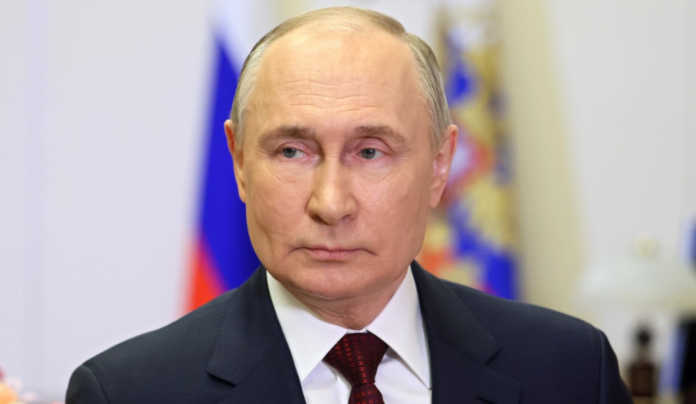Reports indicate no direct order from Putin in Navalny’s death, though responsibility remains under his leadership
US intelligence agencies have concluded that Russian President Vladimir Putin likely did not directly orchestrate the timing of opposition leader Alexey Navalny’s death in February, despite retaining overall culpability. This assessment, as reported by The Wall Street Journal and The Associated Press, stems from a consensus among various intelligence entities, including the CIA and the Office of the Director of National Intelligence.
According to these reports, while there is no concrete evidence directly linking Putin to the decision-making process regarding the timing of Navalny’s death, he is still deemed ultimately responsible. Navalny, a vocal critic of Putin, died under suspicious circumstances at an Arctic prison camp, where he was serving a 19-year sentence on charges he consistently dismissed as politically motivated.
The Wall Street Journal cited anonymous sources familiar with the matter, stating that the intelligence community widely accepts that Putin did not have foreknowledge of the exact timing of Navalny’s death. This analysis is based on a blend of classified intelligence and a review of public facts, including how Navalny’s death coincided with and potentially affected Putin’s reelection campaign in March.
Navalny, aged 47 at the time of his death, had been a persistent thorn in Putin’s side, famously surviving a poisoning attack with a nerve agent in 2020. He was arrested in January 2021 upon his return to Russia from Germany, where he had been recovering from the assassination attempt.
Scepticism regarding the US intelligence findings is prevalent among Navalny’s supporters and some international observers. Leonid Volkov, a senior aide to Navalny, criticized the assessment, arguing that it underestimated Putin’s control over Russian political affairs. “The idea of Putin being not informed and not approving the killing of Navalny is ridiculous,” Volkov stated, reflecting a sentiment shared by many who believe that nothing significant occurs in Russia without Putin’s approval.
Russian authorities maintain that Navalny died of natural causes and deny any involvement in both his death and the earlier poisoning attempt. However, this stance is widely disputed by Navalny’s allies and a significant portion of the international community, who accuse the Russian government of direct involvement.
The findings from US intelligence have been shared with several European intelligence agencies, though responses vary. Some European officials remain sceptical, pointing to the highly centralized nature of Putin’s administration as a reason to doubt that such a significant event could occur without his direct involvement.
This complex and controversial conclusion by US intelligence not only impacts international relations but also continues to fuel debates over the transparency and accountability of Putin’s governance in Russia
